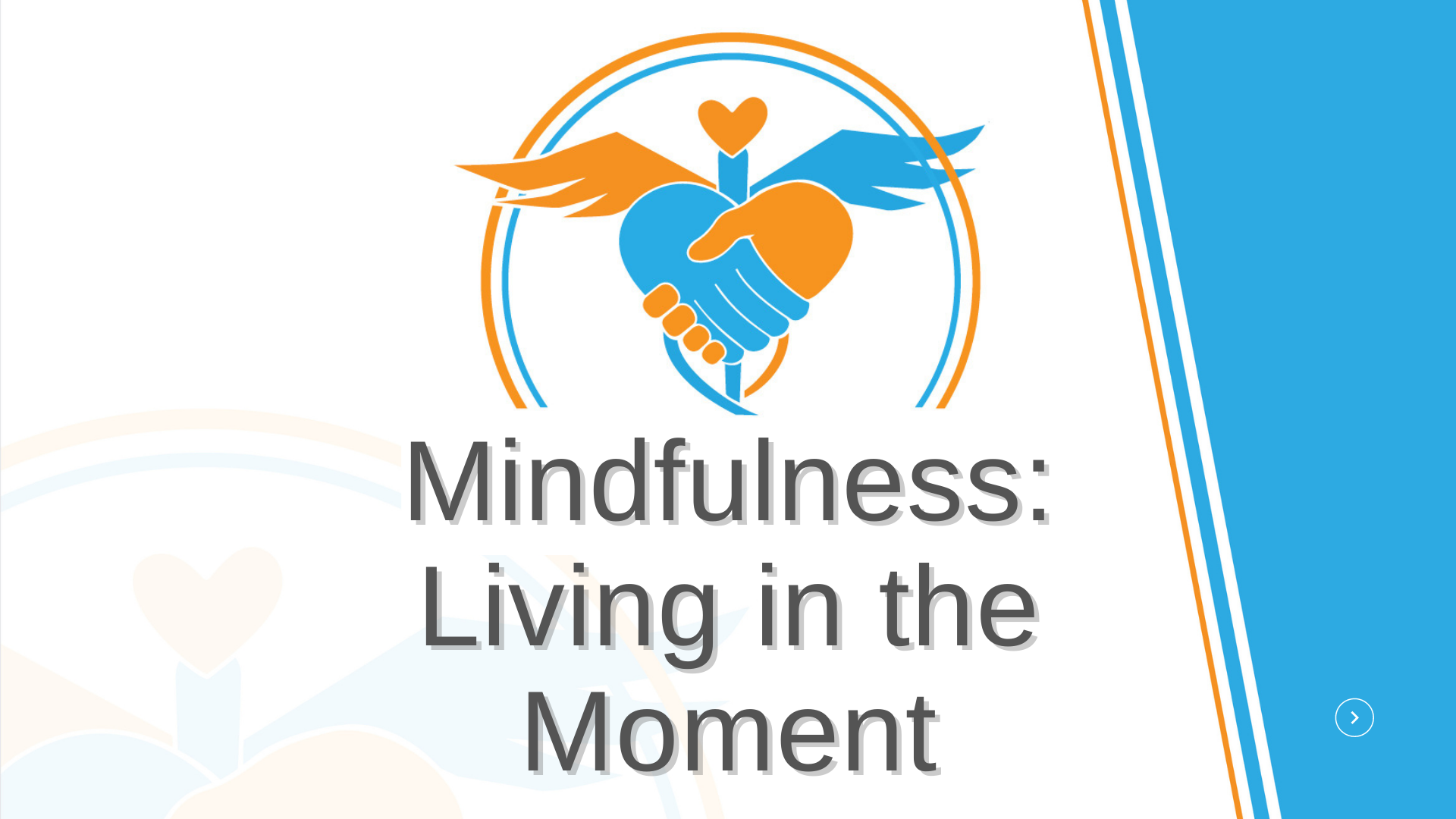Modern mindfulness is the brainchild of Dr. Jon Kabat-Zinn, an American professor emeritus of medicine. He defines it as: the awareness that emerges through paying attention on purpose, in the present moment, and non-judgmentally to the unfolding of experience moment by moment.
Mindfulness can be broken down into two steps.
The first is awareness. This involves focusing on the present moment, concentrating on whatever you happen to be doing in that moment.
The second is acceptance or simply being aware of your experience without judging it. So, if you notice that you’re feeling anxious, accept it. If you notice that you’re bored, acknowledge it. If you have pain in your body, allow yourself to sense it, rather than judging your experience. Mindfulness is about experiencing things as they are, without trying to change them.
Research indicates that the benefits of mindfulness are abundant. Some of the current evidence indicates that living life more mindfully can improve immune function and the ability to cope with physical illness. It can also reduce stress, anxiety, depression and sleep problems, generally increasing the ability to enjoy life.
Mindfulness can also help people recover from the disease of the addiction.
To learn more about how mindfulness can help you on your journey to recovery, click here.

